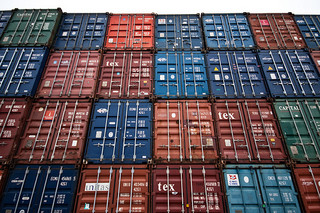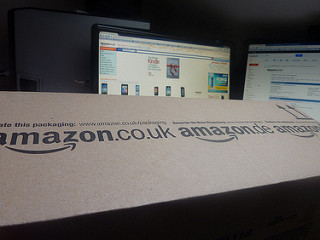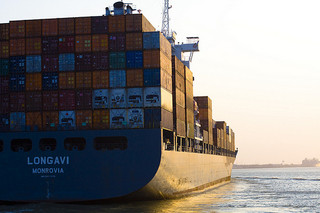Women in the Supply Chain: How Top Female Supply Chain Executives are Making a Difference
Does the glass ceiling still exist? Women now hold about 25 percent of the management positions in the petroleum sector, according to Women in Canada’s Oil and Gas Sector, but most of them are employed in lower-level management positions, not as senior executives.
However, some women have broken all the barriers, and serve as leading executives in a primarily male-dominated supply chain management industry. Named “Top Female Leaders of the Supply Chain” by Supply & Demand Chain Executive, each has a unique perspective on what it takes for women to be successful in the field.
This article is for Premium Members only. Please login below to read the rest of this article.
Not a Premium Member yet? Become one today.
[login_form redirect=’https://www.procurementbulletin.com/women-in-the-supply-chain-how-top-female-supply-chain-executives-are-making-a-difference’]
[show_to accesslevel=’Premium Members’]

1. Stephanie Miles, Amber Road
Stephanie Miles serves as the Senior Vice President of Commercial Services for Amber Road, an East Rutherford, New Jersey software company that specializes in global trade management systems for the import and export industries and third-party logistics companies. Miles has a degree in mathematics, and worked her way from the bottom up in the supply chain. Her key to success is helping make all departments across the company aware of issues, so no department is in the dark. She says the ability to see things from more than one perspective is important.

2. Laura Rokohl, Aspen Technology, Inc.
Laura Rokohl serves as the Supply Chain Manager for Aspen Technology, which is a software and services company that caters to the processing industries, including chemicals and polymers. Rokohl does the marketing research to help these clients define and improve their processes. She believes that the complexity of the supply chain is what makes it most challenging, and says the key to improving employment opportunities for women in the industry is to encourage more females to pursue education in math, science, and engineering.
3. Mickey North Rizza, Bravo Solution
Mickey North Rizza is the Vice President of Strategic Services for Bravo Solutions, a company that helps other businesses analyze their spending for better profit margins. She sees the talent shortage and a young, undereducated workforce as the industry’s most significant problem, and believes the answer lies in better talent identification and developing employees.

4. Kelly Barner, Buyers’ Meeting Point
Kelly Barner is the co-owner of Buyers’ Meeting Point, which is an online resource for supply chain managers and procurement professionals to gather industry knowledge and make connections. She sees the crucial component of successful supply chain management as better communications. Barner uses her experiences on both sides of negotiations as a key to her success. She holds an MBA, as well as a Master’s Degree in Library and Information Science.
5. Jessica Sanchez, Bard, Inc.

Jessica Sanchez is the Sourcing Systems Manager for Bard, Inc., formerly known as C.R. Bard. The company manufacturers medical equipment used around the globe,
with headquarters in Murray Hill, New Jersey. She sees the biggest challenges in taxation and regulation. She believes the ability to foresee changes in taxes and regulations is the best way for companies, particularly in the health care industry, is crucial for being able to make a profit.
Each of the women on the list have a different perspective on what it takes to make their companies successful. Yet each has proven their methods as successful for their companies. Their foresight and commitment to success helped earn them a spot on this prestigious list of powerful women in supply chain management. [/show_to]








